To care for your guinea pig, start with a spacious cage of at least 7.5 square feet per pig. Provide a balanced diet of 80% hay, fresh veggies, and vitamin C supplements. Clean the habitat daily and perform weekly deep cleans. Handle your pet gently, supporting its body when lifting. Offer daily exercise outside the cage with supervision. Schedule annual vet check-ups and monitor for signs of illness. Create a safe environment with hiding spots and toys. Spend quality time socializing your guinea pig to build trust. By following these tips, you'll be well on your way to becoming a confident and caring guinea pig owner.
Choose the Right Cage

Three key factors determine the ideal cage for your guinea pig: size, material, and design.
For size, aim for at least 7.5 square feet per guinea pig, allowing them to move freely and exercise. Bigger is always better, especially if you're housing multiple guinea pigs.
When it comes to material, opt for a cage with a solid bottom rather than wire, as wire can hurt their delicate feet.
Plastic-bottom cages are easy to clean but may retain odors, while wooden cages can absorb urine. A metal or sturdy plastic cage with a removable tray is often the best choice.
The design should include multiple levels, ramps, and hiding spots to keep your guinea pig entertained and feeling secure.
Verify the cage has proper ventilation and is escape-proof with small gaps between bars.
Don't forget to take into account the cage's location in your home.
Place it in a quiet area away from direct sunlight and drafts. Avoid putting it near noisy appliances or in high-traffic areas that might stress your guinea pig.
With the right cage, you'll provide a comfortable and safe home for your new pet.
Provide a Balanced Diet
Feeding your guinea pig a balanced diet is critical for their health and happiness.
You'll need to provide fresh hay daily, as it's necessary for their digestive system and dental health.
Don't forget to include vitamin C supplements in their diet, as guinea pigs can't produce this important nutrient on their own.
Fresh Hay Daily
Consistently providing fresh hay is essential for your guinea pig's health and well-being. Hay should make up about 80% of your pet's diet, as it aids in digestion and helps wear down their constantly growing teeth. Offer unlimited amounts of fresh, high-quality timothy hay daily.
You'll want to replace the hay in your guinea pig's enclosure every day to guarantee it's clean and appetizing. Avoid using hay that's moldy, dusty, or has an off smell. Place the hay in a dedicated hay rack or scatter it throughout the cage to encourage foraging behavior.
While timothy hay is the most common choice, you can also offer other varieties like orchard grass or meadow hay for variety. However, avoid alfalfa hay for adult guinea pigs, as it's too high in calcium and calories. Only offer alfalfa to pregnant or nursing guinea pigs, or those under six months old.
Remember to introduce new types of hay gradually to prevent digestive upset.
Vitamin C Supplements
While fresh hay forms the foundation of a guinea pig's diet, it's not enough on its own. Guinea pigs require a daily dose of vitamin C, as their bodies can't produce or store this essential nutrient. Without it, they're at risk of developing scurvy, a serious health condition.
You'll need to provide vitamin C supplements to guarantee your guinea pig stays healthy. The recommended daily intake is 10-30mg per guinea pig, depending on their size and health status. You can offer vitamin C in various forms:
- Liquid drops added to their water
- Chewable tablets
- Powdered supplements mixed with food
Be cautious when using water-based supplements, as vitamin C degrades quickly in water. Change the water daily and monitor your pet's intake. Chewable tablets are often preferred, as you can control the exact dosage.
While some guinea pig pellets claim to contain vitamin C, the nutrient often degrades during storage. Don't rely solely on pellets for vitamin C supplementation.
Instead, offer a variety of vitamin C-rich vegetables like bell peppers, kale, and parsley. These fresh foods provide additional nutrients and enrichment for your pet.
Keep the Habitat Clean
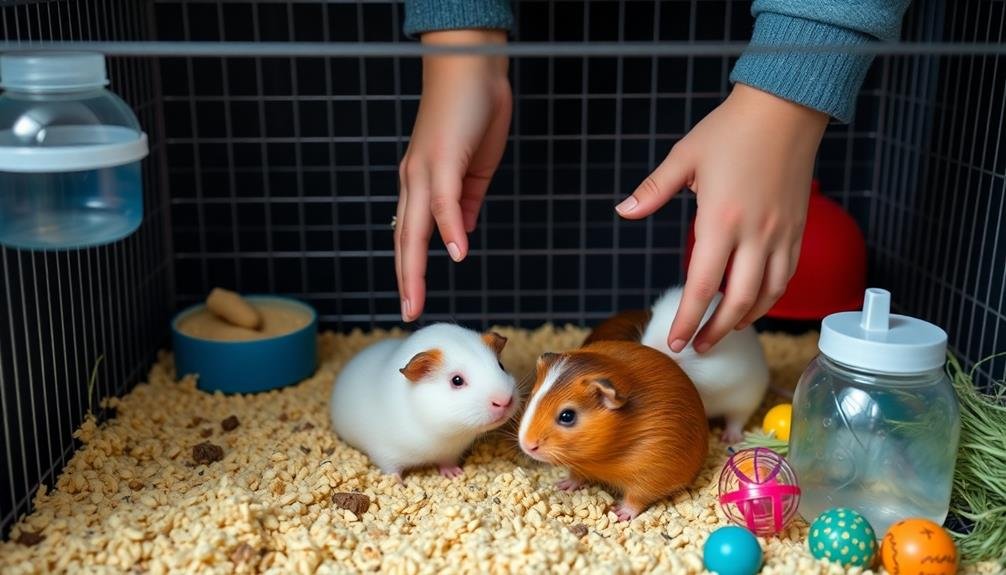
Maintaining a clean habitat is essential for your guinea pig's health and happiness.
You'll need to establish a daily spot cleaning routine to remove droppings, uneaten food, and soiled bedding.
Additionally, plan for a weekly deep clean schedule where you'll thoroughly sanitize the cage, accessories, and replace all bedding.
Daily Spot Cleaning Routine
A quick daily spot cleaning routine is essential for keeping your guinea pig's habitat fresh and hygienic.
Start by removing any wet or soiled bedding, uneaten vegetables, and droppings. Use a small brush and dustpan to sweep up loose debris. Replace the removed bedding with fresh, clean material.
Next, wipe down the cage's surfaces with a pet-safe disinfectant or a mixture of vinegar and water. Pay special attention to feeding areas and corners where waste tends to accumulate.
Don't forget to clean and refill water bottles or bowls daily.
Check and clean your guinea pig's hideouts, tunnels, and toys. Remove any chewed-up cardboard or paper items. Wash food bowls with mild soap and rinse thoroughly.
Lastly, give your guinea pig a quick health check during this routine. Look for any signs of illness, such as changes in appetite, unusual droppings, or skin issues.
This daily cleaning not only maintains a healthy environment but also helps you bond with your pet and stay attuned to their well-being.
Weekly Deep Clean Schedule
The weekly deep clean is essential for maintaining a healthy environment for your guinea pig. Set aside time each week for a thorough cleaning of your pet's habitat.
Start by removing your guinea pig and placing them in a secure, temporary enclosure.
Take out all accessories, toys, and bedding from the cage. Wash food bowls, water bottles, and toys with mild soap and warm water, then rinse thoroughly and dry.
Scrub the cage floor and walls with a pet-safe disinfectant, paying special attention to corners and crevices where waste can accumulate. Rinse the cage well and dry it completely before adding fresh bedding.
Replace any worn or chewed items, and wash or replace fabric hideouts and hammocks. Inspect the cage for any damage or sharp edges that could harm your guinea pig.
Once everything is clean and dry, arrange the habitat with fresh bedding, clean accessories, and toys.
Handle With Care
Proper handling is essential for your guinea pig's well-being and your relationship with them. Always approach your pet calmly and speak softly to avoid startling them. Before picking them up, let them sniff your hand to get comfortable with your presence.
To lift your guinea pig, place one hand under their chest and use the other to support their hindquarters. Never grab them by their limbs or lift them by the scruff of their neck. Hold them close to your body to make them feel secure, and always sit down when handling them to prevent accidental drops.
Keep handling sessions short at first, gradually increasing the duration as your pet becomes more comfortable. Watch for signs of stress, such as fidgeting or squealing, and return them to their cage if they seem uneasy.
When putting your guinea pig back in their habitat, lower them gently and allow them to step onto a solid surface. Don't forget to reward them with a small treat after each handling session to create positive associations.
With patience and consistent, gentle handling, you'll build trust and strengthen your bond with your furry friend.
Offer Plenty of Exercise

Beyond gentle handling, your guinea pig needs regular exercise to stay healthy and happy. Provide a spacious cage with plenty of room to move around, but don't stop there. Set up a safe, enclosed area outside the cage for daily playtime. This gives your furry friend the opportunity to explore, stretch their legs, and satisfy their natural curiosity.
During exercise time, offer toys and activities to keep your guinea pig engaged. Some ideas include:
- Tunnels or tubes for hiding and exploring
- Small balls or chew toys for mental stimulation
- Cardboard boxes with holes cut out for climbing and hiding
Supervise your pet during playtime to guarantee their safety. Remove any hazards like electrical cords or toxic plants from the area. Aim for at least an hour of exercise daily, but remember that more is always better.
If you have multiple guinea pigs, they'll entertain each other during exercise time, promoting social interaction and reducing stress.
Regular exercise helps prevent obesity, improves cardiovascular health, and keeps your guinea pig's mind sharp. It's also a great opportunity for you to bond with your pet and observe their unique personality.
Groom Regularly
Despite their small size, guinea pigs require regular grooming to maintain their health and comfort. You'll need to brush your guinea pig's coat at least once a week, or more often for long-haired breeds. Use a soft-bristled brush or a metal comb designed for small animals. This helps remove loose hair, prevents matting, and distributes natural oils throughout their coat.
Trim your guinea pig's nails every 2-3 weeks using small animal nail clippers. If you're unsure, ask your vet to demonstrate the proper technique. Be careful not to cut too close to the quick, which can cause bleeding and pain.
Check your guinea pig's ears regularly for wax buildup or signs of infection. Clean them gently with a damp cotton ball if needed. Don't use cotton swabs, as they can damage the ear canal.
Bathe your guinea pig only when necessary, as frequent baths can dry out their skin. Use a mild, pet-safe shampoo and lukewarm water.
Dry them thoroughly with a towel and keep them warm until their coat is completely dry.
Schedule Veterinary Check-ups

Regular grooming is important, but it's not the only aspect of guinea pig health you need to monitor. Scheduling regular veterinary check-ups is vital for your guinea pig's well-being. Aim to take your furry friend to the vet at least once a year for a routine examination, even if they seem healthy.
During these check-ups, your vet will:
- Perform a physical examination to check for any abnormalities
- Weigh your guinea pig to verify they're maintaining a healthy weight
- Trim their nails if needed and check their teeth for proper alignment
Don't wait for an annual visit if you notice any changes in your guinea pig's behavior, appetite, or appearance. Signs like lethargy, weight loss, or difficulty eating warrant immediate veterinary attention.
Remember, guinea pigs are prey animals and often hide signs of illness until they're quite sick.
Finding a vet experienced with exotic pets, particularly guinea pigs, is essential. Not all veterinarians are equally knowledgeable about these unique creatures.
Ask for recommendations from local guinea pig rescue organizations or other guinea pig owners to find a qualified exotic pet veterinarian in your area.
Create a Safe Environment
Your guinea pig's safety depends on creating an environment that protects them from potential hazards. Start by selecting a spacious cage with smooth sides and a solid bottom. Avoid wire floors, which can hurt your pet's feet. Guarantee the cage is at least 7.5 square feet for one guinea pig, adding 2-3 square feet for each additional pet.
Place the cage in a quiet area away from drafts, direct sunlight, and extreme temperatures. Keep it elevated to prevent your guinea pig from feeling threatened by larger pets or children. Remove any toxic plants, electrical cords, or small objects your pet could chew on or swallow.
Line the cage with safe bedding materials like paper-based products or fleece. Avoid cedar or pine shavings, which can cause respiratory issues. Provide hiding spots using commercial hideaways or cardboard boxes. Include sturdy toys for mental stimulation and exercise.
Clean the cage regularly to prevent bacterial growth and maintain a healthy environment. Use pet-safe disinfectants and rinse thoroughly.
Always supervise your guinea pig during out-of-cage playtime, guaranteeing the area is free from dangers and escape routes.
Socialize Your Guinea Pig

Socializing your guinea pig is essential for their emotional well-being and overall happiness. These social creatures thrive on interaction, so it's vital to spend quality time with them daily.
Start by talking to your guinea pig in a soft, gentle voice to help them become familiar with your presence. As they grow more comfortable, offer treats from your hand to build trust and positive associations.
Gradually introduce handling sessions, starting with short periods and increasing duration as your pet becomes more relaxed. Always support their body and avoid sudden movements that might startle them. Remember, consistency is key in socializing your guinea pig.
Here are some effective ways to bond with your furry friend:
- Offer floor time outside the cage under supervision
- Create obstacle courses with tunnels and hiding spots
- Brush their fur gently, which mimics grooming behavior
Introducing your guinea pig to new experiences and environments can help build their confidence. However, always monitor their reactions and respect their boundaries.
If they seem stressed, give them time to retreat and try again later. With patience and regular interaction, you'll develop a strong bond with your guinea pig.
Recognize Signs of Illness
Recognizing signs of illness in guinea pigs is essential for their health and longevity. As a nervous young owner, you'll need to be vigilant and observe your pet's behavior daily.
Watch for changes in appetite, as a sudden decrease in food intake can indicate various health issues. Pay attention to your guinea pig's droppings; diarrhea or constipation are red flags that require immediate attention.
Keep an eye out for respiratory problems, such as wheezing, sneezing, or labored breathing. These symptoms could signal a respiratory infection. Check your guinea pig's eyes and nose for any discharge, which may indicate an upper respiratory infection or eye problem.
Monitor their coat for any bald patches, scabs, or excessive scratching, as these could be signs of skin issues or parasites. Lethargy, hunched posture, or reluctance to move are also concerning symptoms.
If you notice your guinea pig dragging its hind legs or having difficulty moving, it could be a sign of arthritis or other joint problems. Dental issues are common in guinea pigs, so watch for drooling, difficulty eating, or weight loss.
If you observe any of these symptoms, consult a veterinarian experienced in treating guinea pigs promptly.
Frequently Asked Questions
How Long Do Guinea Pigs Typically Live?
You can expect your guinea pig to live between 4 to 8 years on average. With proper care, some may even reach 10 years. Their lifespan depends on factors like diet, exercise, genetics, and overall health maintenance.
Can Guinea Pigs Be Trained to Use a Litter Box?
Yes, you can train your guinea pigs to use a litter box. It'll take patience and consistency, but many owners succeed. Start by placing a box in their favorite spot and gradually move it to your desired location.
Do Guinea Pigs Get Along With Other Household Pets?
You'll need to be cautious when introducing guinea pigs to other pets. They can get along with some animals, but they're prey creatures. Always supervise interactions and provide a safe space for your guinea pigs to retreat.
How Many Guinea Pigs Should I Keep Together?
You should keep at least two guinea pigs together. They're social animals and thrive with companionship. Keeping them in pairs or small groups prevents loneliness and depression. Just make sure you've got enough space for multiple piggies.
Are Guinea Pigs Nocturnal or Diurnal Animals?
Guinea pigs aren't nocturnal or diurnal; they're crepuscular. You'll notice they're most active during dawn and dusk. They'll sleep and wake throughout the day and night, so don't be surprised if you hear them at odd hours.
In Summary
You've got this! Remember, caring for your guinea pig is all about patience and consistency. Don't worry if you make mistakes; you'll learn as you go. Keep your furry friend's needs in mind, and you'll build a strong bond. Stay observant, provide lots of love, and don't hesitate to ask for help when needed. With these tips, you're well on your way to being a great guinea pig owner!

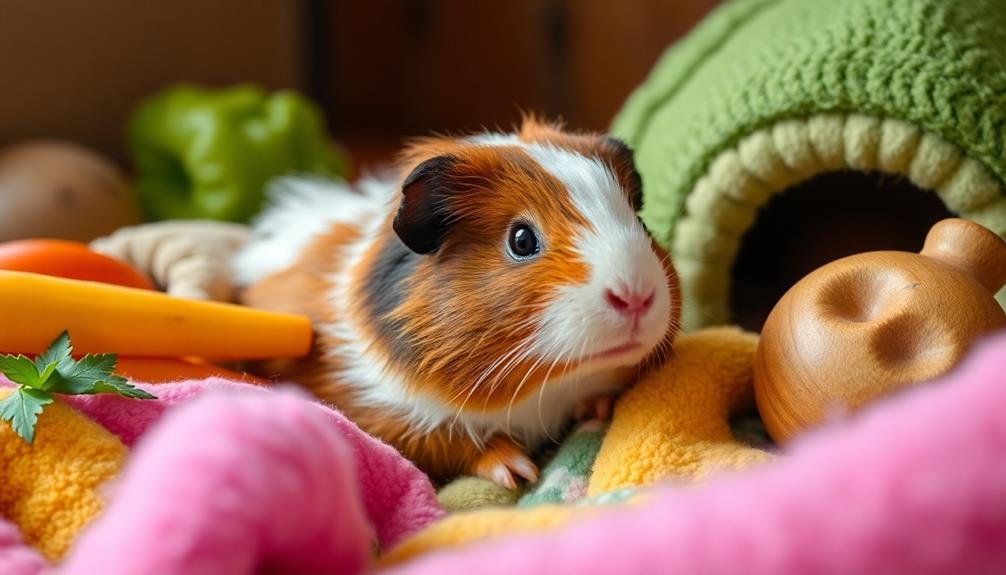
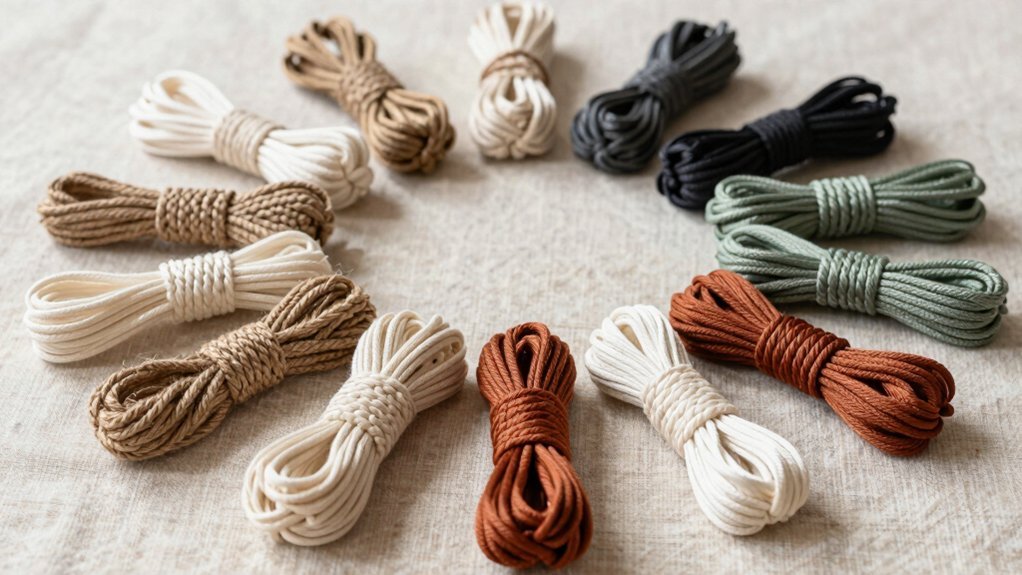
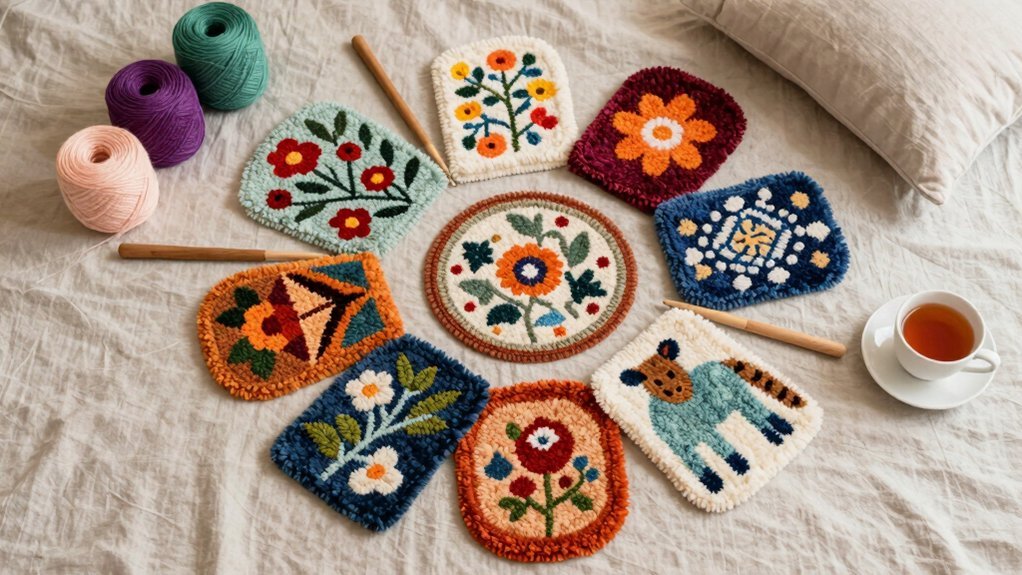
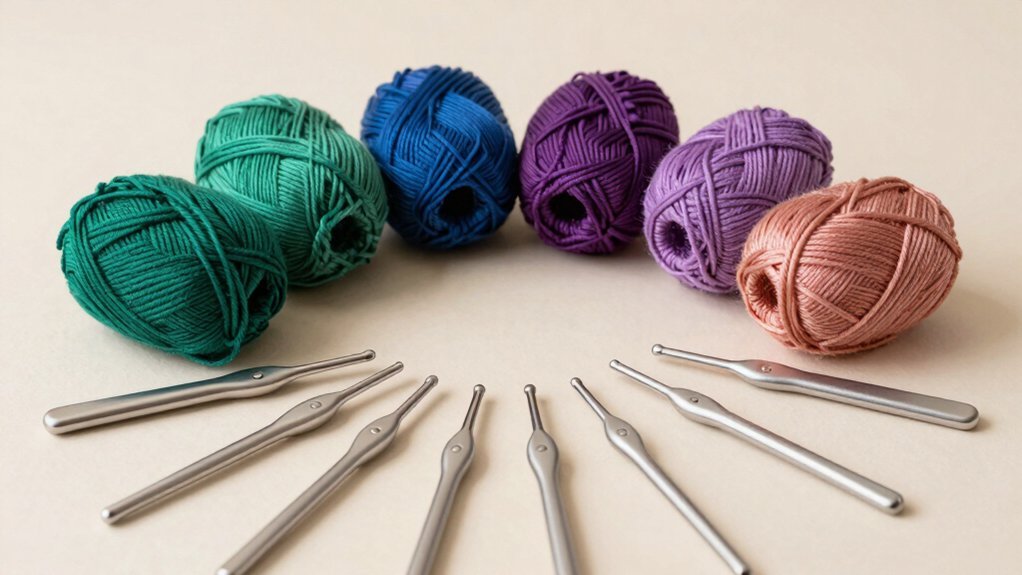
Leave a Reply